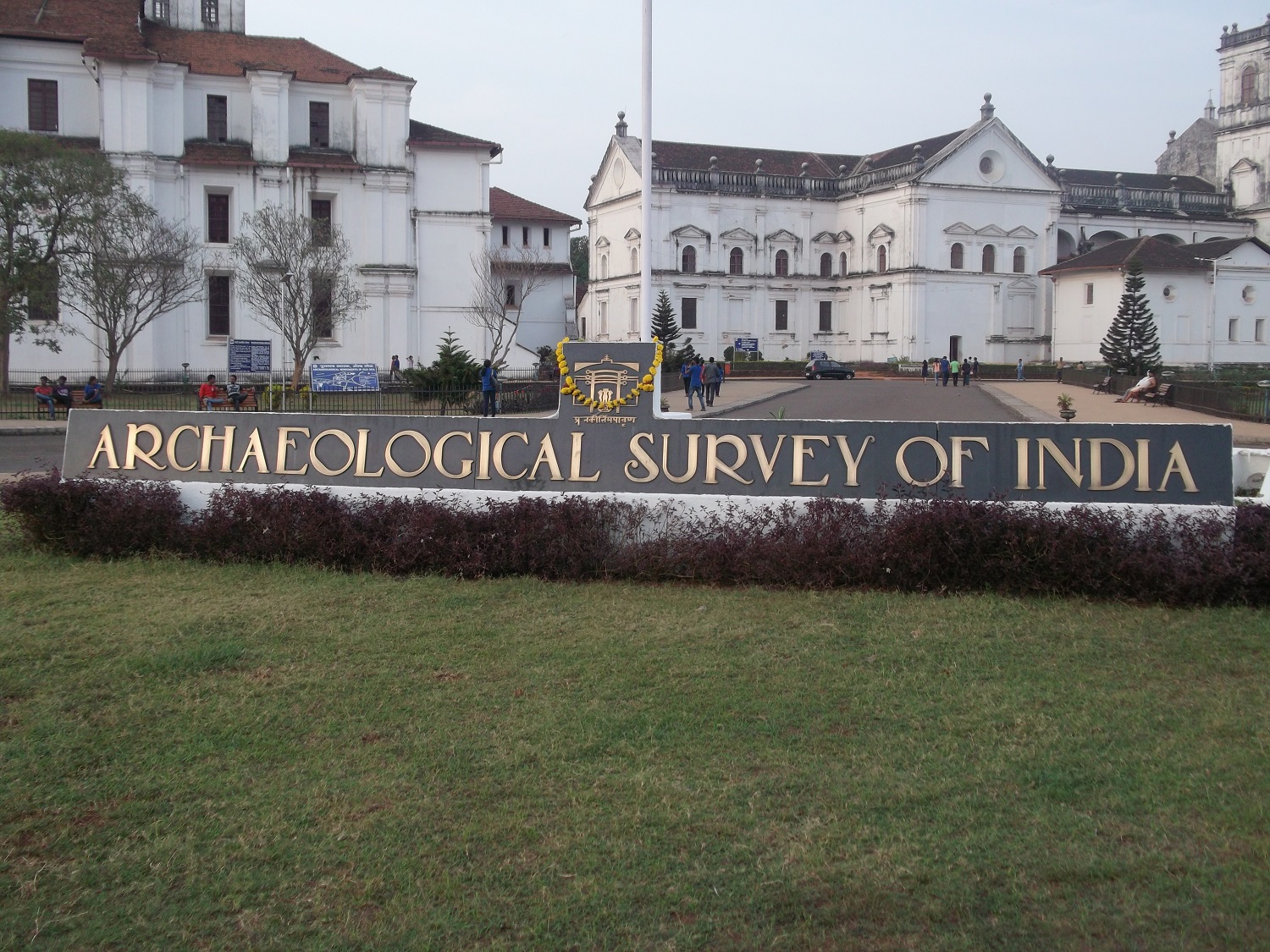ASI holds drive to register antiques possessed by pvt citizens

- Country:
- India
The Archaeological Survey of India (ASI) has for the first time conducted a special campaign for registration of antiquities belonging to private entities in the country, an official said on Sunday. Under the 15-day campaign which concluded on Saturday, citizens who hold any artifact which is over 100 years old or object of historical value were asked to get it registered with the ASI.
"This registration is actually an identification number, like an Aadhaar card or motor vehicle registration, and the certificate issued is like a 'license' for ownership of any object of historical value," the ASI official said. The campaign was carried out as it was observed that every household has some or the other form of ancient material like coins, metal objects, paintings, jewelry passed to them through ancestors. These are either kept in a locker, sold to some scrap-dealer or gifted to near and dear ones.
"Knowingly or unknowingly, many of these are melted for metal value, forgetting the fact that their archaeological value is far more than that. In cases where these are passed on to a scrap-dealer, they are then sold in local markets, where art collectors purchase them," he said. Likewise, every village has some or the other broken parts of historical and religious sculptures lying scattered and unattended.
"As none of us owns these objects, therefore no one takes the responsibility for keeping this archaeological wealth as safe and secured. As such, many art collectors, through their local representatives, are involved in the process of theft and smuggling," he said. In several cases, many of such objects are passed on to foreign nations where they are sold for huge values.
"This has been happening for years, and no one is held responsible for it. In this process, we lose forever some important artifacts which have great archaeological value, which could have thrown light into local history of the region," he said. The campaign was being carried out ensure that the antiquarian treasures are protected in the form of antiquity', to provide these artworks a legal meaning and to inculcate a sense of responsibility and ownership among the general public, the official said.
The 'antiquities' to be registered included sculptures in terracotta, metals, ivory, and bone (100 years old and more), paintings in all media like paper, wood, cloth, silk (75-year-old and more), and manuscripts (only which contain illustrations) and sculpted figures in wood. Coins, weapons, medals, furniture and jewelry have been excluded from the list for registration.
"Unless these objects are brought to light through documentation, one cannot assess their true value. Their relation with local art or history of the region also remains unknown to scholars and researchers," he said. Sometimes, a person might be traveling with such historical objects and if suddenly there is a routine police checking and they find out the object, it would be hard for the person to convince about its own without the certificate, he added.
(This story has not been edited by Devdiscourse staff and is auto-generated from a syndicated feed.)
ALSO READ
Greek military ship intercepts two Houthi drones in the Red Sea
West Bengal: BJP leader Dilip Ghosh files nomination papers for LS polls
"Ashok Gehlot tapped phones of Sachin Pilot, other Congress leaders": Former Rajasthan CM's Ex-OSD makes big claim
YSRCP supremo Jagan Mohan Reddy files nomination papers from Pulivendula for Andhra Pradesh polls
Belarus says it thwarted attack on capital by drones launched from Lithuania










